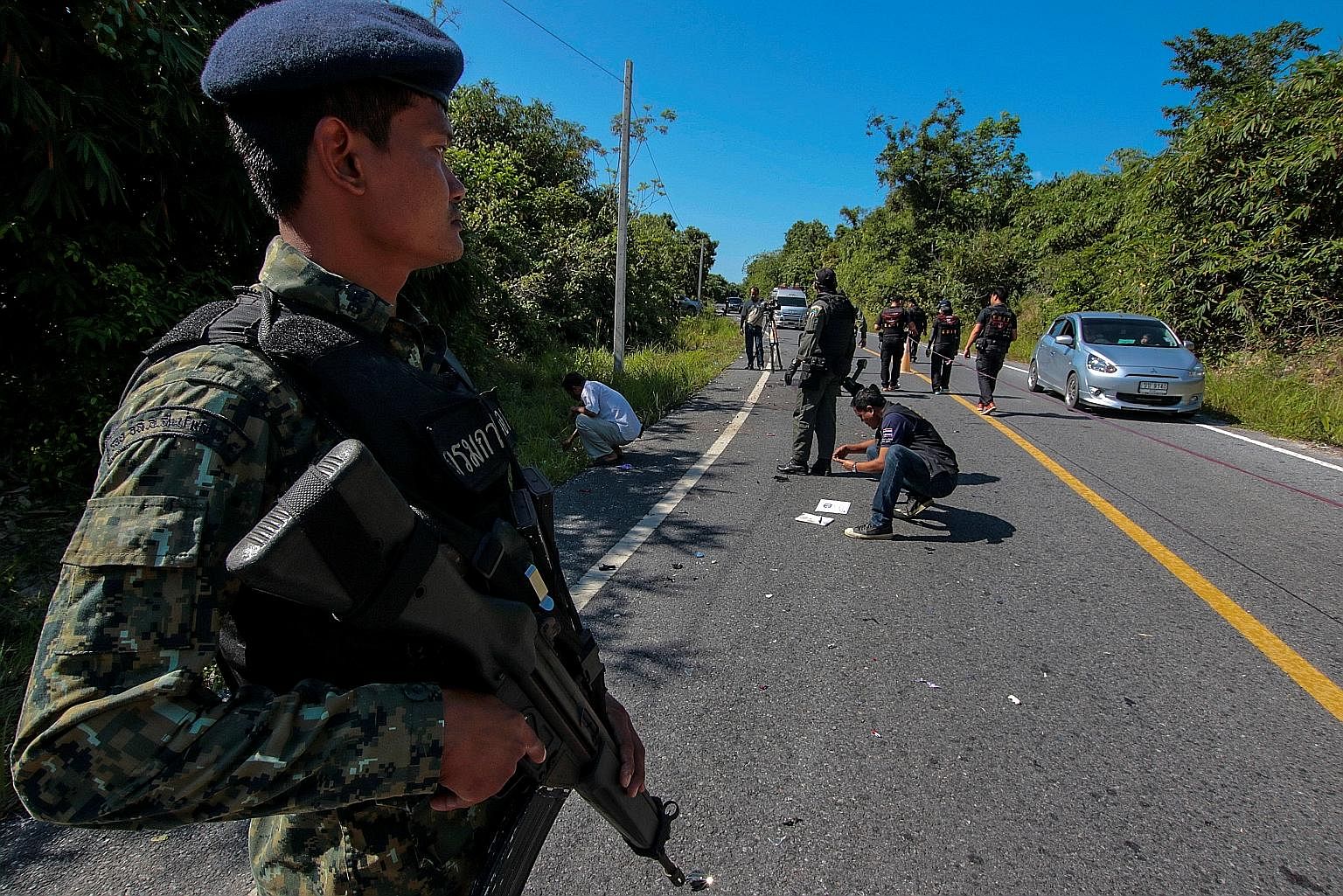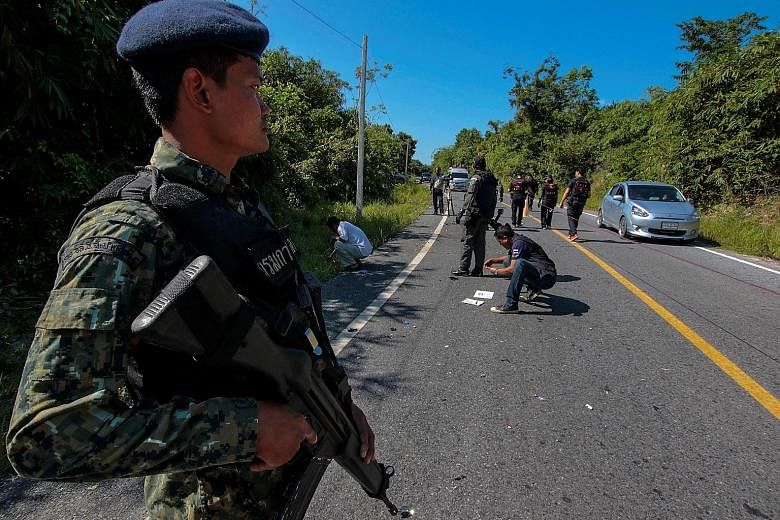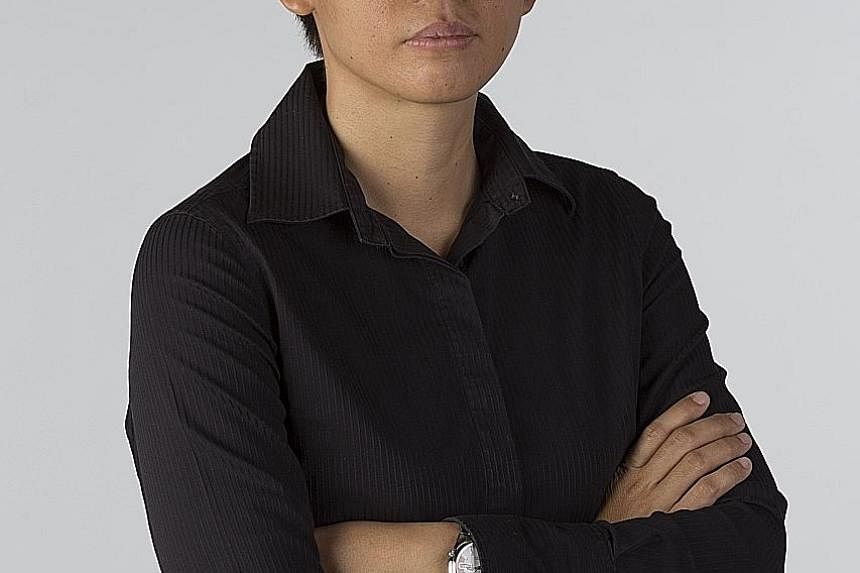Over a dozen bombings took place across the restive southern Thailand on Wednesday night, the second wave of synchronised attacks this month.
While no one has claimed responsibility, analysts say the blitz - which did not kill anyone save for two insurgents in an apparent accident - was timed to press Bangkok over a recent demand by separatist insurgents for fresh terms of an ongoing peace dialogue.
While several media outlets reported shootings and grenade attacks taking place in 13 spots, the local Isara News Agency reported that as many as 21 incidents took place across Songkhla, Narathiwat and Pattani provinces.
The long-running insurgency in the Malay-Muslim-dominated southern border provinces of Thailand has claimed over 6,000 lives since 2004. The current military government is conducting Malaysia-facilitated peace talks with an umbrella group called Mara Patani, which claims to represent all insurgent groups in the south.
There are conflicting views about whether Barisan Revolusi Nasional (BRN), the most powerful militant group on the ground and the suspected perpetrator of the recent attacks, is really being represented. Initial talks have centred on the creation of "safety zones".

Overnight on April 6, insurgents conducted bombings, arson attacks and shootings in four southern border provinces that caused widespread blackouts.
Then, on April 10, the BRN issued a rare statement indicating that it would be open to taking part in a peace dialogue only if third parties from the international community were involved as witnesses and observers. The mediator, it said, also had to be "impartial" - a statement that analysts saw as a criticism of Malaysia, where many of the militants are known to reside.
The demand was shrugged off by the Thai negotiating team.
Lieutenant-General Piyawat Nakwanich, commander of the Fourth Army Region which oversees the south, told The Straits Times: "(The insurgents) just wanted to show their capability, but it exposed their weakness. They caused minor damage… and the two who were killed shows they are not as skilled as they want people to see."
Several analysts say, however, that the attacks demonstrated the ability of the BRN to recruit new militants and stage coordinated hits. "It is common for armed groups to use violence to increase their bargaining power," independent analyst Rungrawee Chalermsripinyorat told The Straits Times. She added that the BRN appears to have timed its military operation to coincide with its political statement.
Similarly, Dr Srisompob Jitpiromsri, head of the Deep South Watch group which monitors the violence in the south, called the wave of attacks "a symbolic expression" by the BRN. He told The Straits Times: "It is still keeping the door open for negotiations with the Thai government."
But it is unlikely to lead to any change in the Thai government's strategy.
"The government has absorbed such attacks for more than a decade," said International Crisis Group senior analyst Matthew Wheeler. "And officials have given no reason to believe that they are prepared to review the current dialogue process or entertain BRN's conditions."



